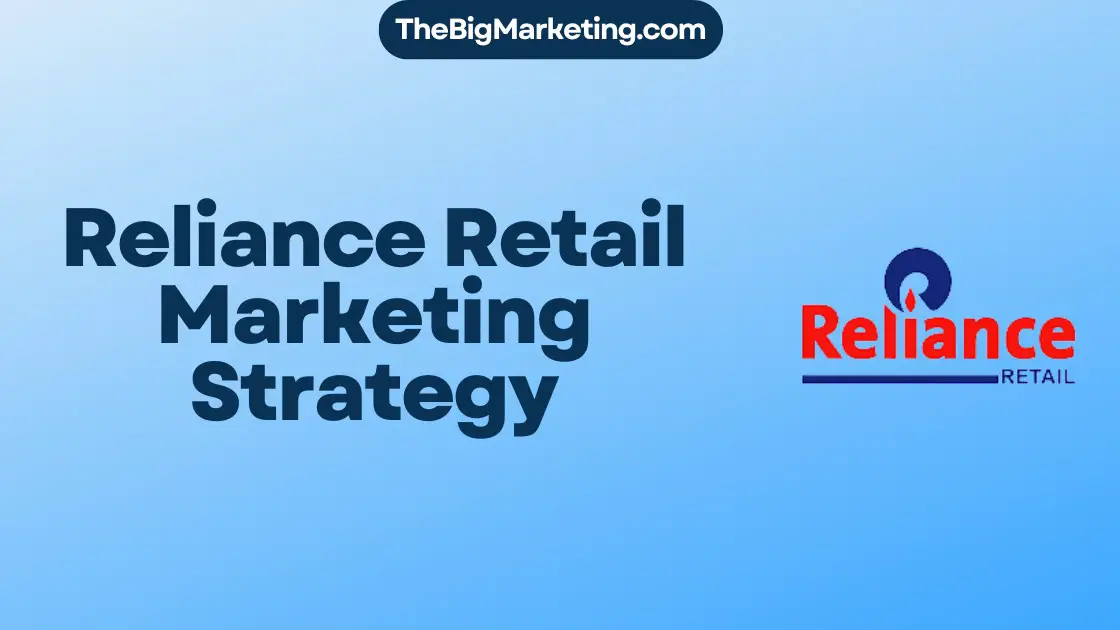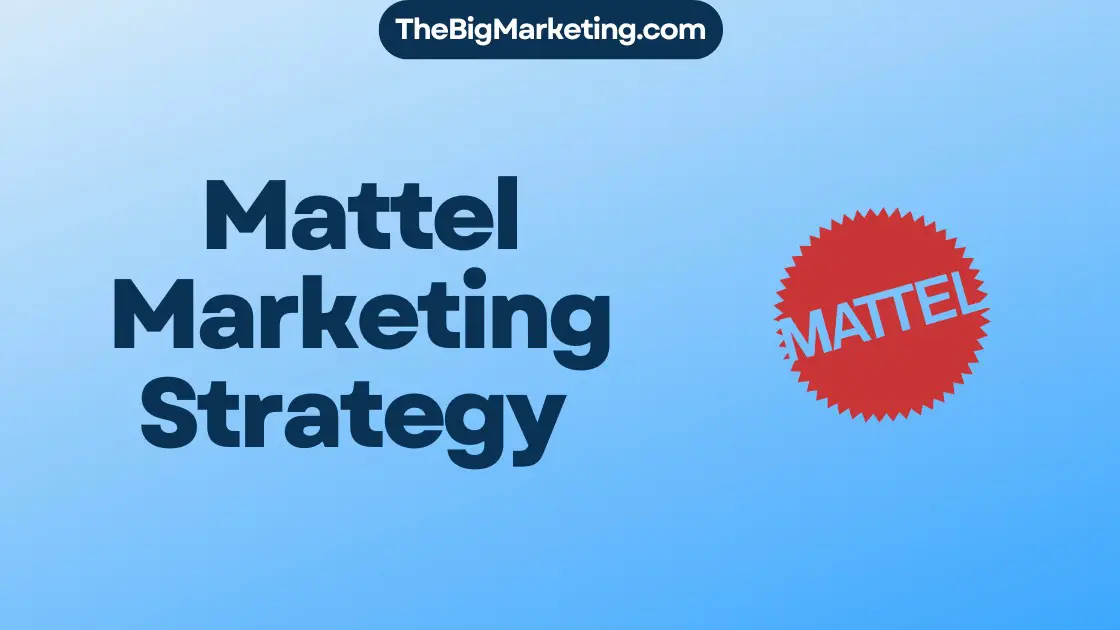When it comes to marketing, Volvo Cars has developed a comprehensive and forward-thinking approach to promote its automobiles. By employing a combination of innovative tactics, strategic brand promotion, and targeted advertising plans, Volvo has established itself as a key player in the automotive industry. The company’s marketing campaigns are designed to optimize reach and resonance, ensuring maximum impact on its target audience.
Volvo’s marketing strategy is built on a foundation of thorough market research and analysis. To stay ahead in the competitive automotive market, the company continuously evaluates market trends, consumer preferences, and emerging marketing strategies. By staying agile and adaptive, Volvo aims to connect with its target audience in a meaningful way and create a lasting impression.
Key Takeaways:
- Volvo Cars employs a comprehensive marketing strategy to promote its automobiles.
- Strategic brand promotion and targeted advertising are key elements of Volvo’s marketing approach.
- Volvo continuously analyzes market trends and consumer preferences to stay ahead in the competitive automotive industry.
- The company aims to connect with its target audience in a meaningful way and create a lasting impression.
- Volvo’s marketing campaigns are designed to optimize reach and resonance, ensuring maximum impact.
About Volvo
Volvo, a Swedish car maker, has established itself as a leading manufacturer of luxury vehicles. With a rich history and a commitment to innovation, Volvo has become synonymous with exceptional quality and premium craftsmanship.
In addition to producing cars, Volvo also manufactures a wide range of other vehicles and equipment, including trucks, buses, construction gear, marine engines, and industrial engines. Their diverse product portfolio sets them apart in the industry and allows them to cater to various customer needs.
Headquartered in Gothenburg, Sweden, Volvo has a global presence and is known for its strong brand reputation and commitment to excellence. Their vehicles are designed with advanced technology, luxurious interiors, and innovative safety features, making them a top choice for discerning buyers.
Volvo’s success extends beyond their product offerings. They also provide financing services to make car ownership more accessible to customers. This comprehensive approach to customer satisfaction sets them apart from other car manufacturers.
With their dedication to quality, innovation, and customer-centricity, Volvo continues to thrive in the competitive automotive industry, delivering exceptional vehicles and setting the standard for luxury and reliability.
Volvo’s Target Audience
When it comes to capturing the attention of men and women aged 25-59 in the market for new vehicles, Volvo has honed in on a specific target audience. This demographic, which includes SUV buyers, values safety, innovation, and comfort in their cars. But it’s not just about the features; it’s about the lifestyle.
Volvo’s target audience is made up of individuals who lead active lives and engage in hobbies like cycling and fitness. They seek a vehicle that supports their active lifestyle while providing a sense of security on the road. These are the men and women who desire a car that offers the latest technological advancements and innovative features, without compromising on safety and comfort.
In order to connect with this target audience effectively, Volvo leverages social media platforms like Instagram, LinkedIn, Facebook, and Twitter. Through these channels, they share their brand values and engage with potential customers who align with their offerings. By showcasing their commitment to safety, innovation, and comfort, Volvo establishes a strong connection with their target audience, making them the top choice when it comes to SUVs and other vehicles.
Key Characteristics of Volvo’s Target Audience:
- Men and women aged 25-59
- SUV buyers
- Active hobbies like cycling and fitness
- Value safety, innovation, and comfort in vehicles
Volvo’s Social Media Platforms:
| Target Audience | Characteristics |
|---|---|
| Men and women aged 25-59 | Affluent individuals with purchasing power |
| SUV buyers | Seeking a versatile and spacious vehicle for their active lifestyle |
| Active hobbies | Cycling, fitness, outdoor activities |
| Safety | Priority on secure driving experience |
| Innovation | Desire for the latest technological advancements |
| Comfort | Seeking a smooth and enjoyable ride |
Volvo’s SWOT Analysis
Volvo, with its diversified portfolio of products and a strong market position, has successfully positioned itself as a leader in the automotive industry. The company’s commitment to safety and its focus on innovation are among its key strengths. However, Volvo has also faced challenges and weaknesses, including past product recalls and declining margins.
Opportunities lie ahead for Volvo, particularly in the electric car market, where the company can leverage its expertise and continue to drive innovation. Additionally, the global freight sector and the improving global construction industry present promising opportunities for growth.
Despite its strengths and opportunities, Volvo is not without threats. The tough competition in the automotive industry and the presence of price wars pose challenges for the company. Furthermore, environmental regulations have become increasingly stringent, necessitating Volvo’s adaptation to meet these requirements.
Strengths:
- Diversified portfolio of products
- Strong market position
- Commitment to safety
Weaknesses:
- Past product recalls
- Declining margins
Opportunities:
- Electric car market
- Global freight sector
- Improving global construction industry
Threats:
- Tough competition
- Price wars
- Environmental regulations
By conducting a comprehensive SWOT analysis, Volvo can effectively assess its internal strengths and weaknesses, identify opportunities in the market, and address any existing threats. This analysis serves as a valuable tool to guide Volvo’s strategic decision-making and ensure its continued success in the dynamic automotive industry.
Volvo’s Marketing Evolution
As a brand, Volvo has undergone a remarkable marketing evolution, adapting to changing consumer behavior and embracing digital transformation. Recognizing the shift in consumer preference towards online platforms, Volvo has diverted its focus from traditional sponsorships and car shows and concentrated on digital ads and online sales to reach a wider audience.
One of the key aspects of Volvo’s marketing approach is its emphasis on family-oriented marketing. By positioning their brand around family values and safety, Volvo has successfully connected with their target audience and created a lasting impact. They understand that car buyers, especially parents, value the safety and well-being of their loved ones, and Volvo has strategically incorporated this aspect into their marketing campaigns.
An exemplary campaign that highlights Volvo’s marketing evolution is the “Moments” campaign. This campaign, specifically targeted at moms, aims to showcase how Volvo cars contribute to creating lasting and cherished family memories. By tapping into the emotional connection between mothers and their families, Volvo strengthens the bond between their brand and their customers.
This family-oriented marketing approach not only amplifies Volvo’s message of safety but also serves as a reminder that Volvo cars are not just vehicles; they are enablers of extraordinary moments that create lasting memories.
Through their marketing evolution, Volvo has successfully adapted to the digital landscape, creating impactful campaigns that resonate with their target audience. As Volvo continues to prioritize safety, innovation, and providing unforgettable experiences, their marketing efforts are sure to leave a lasting impression on customers.
Volvo’s Embrace of Data-Driven Marketing
Volvo recognizes the importance of data-driven marketing in enhancing its overall marketing strategy. By utilizing marketing mix modeling and customer insights, Volvo gains valuable knowledge about customer patterns and preferences. This data-driven approach allows Volvo to create personalized marketing campaigns that effectively target the right audience, resulting in improved campaign effectiveness and maximized return on investment (ROI).
Through marketing mix modeling, Volvo analyzes various data sources to gain insights into the most effective marketing tactics. This enables them to optimize their marketing investments, ensuring that resources are allocated efficiently to drive the best possible results. By leveraging customer insights, Volvo can tailor their messaging and promotions to meet the specific needs and preferences of their target audience, enhancing targeting and increasing the impact of their campaigns.
Volvo’s data-driven marketing approach provides them with a competitive advantage in the industry. By utilizing data and analytics, Volvo can make informed decisions about their marketing strategy, ensuring that they stay ahead of market trends and consumer demands. This allows them to deliver personalized marketing experiences that resonate with their target audience, strengthening customer relationships and driving brand loyalty.
Overall, Volvo’s embrace of data-driven marketing enables them to continuously improve their marketing effectiveness, maximize their ROI, and gain a competitive edge in the automotive industry.
By leveraging data and analytics, Volvo enhances their marketing strategy and gains valuable insights into customer patterns and preferences. This allows them to create personalized marketing campaigns, improving campaign effectiveness and maximizing their return on investment (ROI). Volvo’s data-driven approach gives them a competitive advantage in the industry, ensuring they stay ahead of market trends and deliver targeted messaging that resonates with their audience.
The Benefits of Volvo’s Data-Driven Marketing Approach
Volvo’s data-driven marketing approach offers numerous benefits that contribute to the overall success of their marketing campaigns. By leveraging data and analytics, Volvo can enhance audience targeting, improve campaign effectiveness, maximize ROI, and gain a competitive advantage over their competitors.
Enhanced Audience Targeting
One of the key benefits of Volvo’s data-driven marketing approach is the ability to achieve enhanced audience targeting. By analyzing data about consumer behaviors, preferences, and demographics, Volvo can identify the most relevant and receptive audience segments for their marketing campaigns. This targeted approach ensures that the right message reaches the right people, increasing the likelihood of engagement and conversion.
Improved Campaign Effectiveness
With access to valuable customer insights through data-driven marketing, Volvo can continuously optimize their campaign strategies and tactics. By understanding which marketing channels, messaging, and creative elements resonate most with their target audience, Volvo can refine their campaigns to deliver more impactful and effective results. This iterative approach to campaign optimization ensures that Volvo’s marketing efforts remain focused, efficient, and consistently drive desired outcomes.
Maximized Return on Investment (ROI)
Volvo’s data-driven marketing approach enables them to allocate their marketing budget more effectively. By analyzing the performance and ROI of different marketing channels and tactics, Volvo can identify where their investments yield the highest returns. This data-driven decision-making ensures that Volvo can optimize their budget allocation, focusing resources on strategies that generate the most significant impact and deliver a higher ROI.
Competitive Advantage
Through their commitment to data-driven marketing, Volvo gains a competitive advantage in the automotive industry. By leveraging data and analytics, Volvo can stay ahead of market trends, consumer preferences, and emerging opportunities. This allows them to proactively adapt their marketing strategies and tactics to maintain their position as an industry leader and to capitalize on new market developments.
Overall, Volvo’s data-driven marketing approach provides them with a strategic advantage in a data-driven world. By leveraging data and analytics, Volvo can enhance audience targeting, improve campaign effectiveness, maximize ROI, and establish themselves as a competitive force in the automotive industry.
| Benefits | Description |
|---|---|
| Enhanced Audience Targeting | Volvo analyzes consumer data to identify relevant and receptive audience segments, ensuring targeted messaging and engagement. |
| Improved Campaign Effectiveness | Through data insights, Volvo refines and optimizes campaign strategies and tactics to deliver more impactful results. |
| Maximized ROI | By analyzing performance and ROI, Volvo allocates marketing resources more effectively, focusing on strategies that yield higher returns. |
| Competitive Advantage | Data-driven marketing enables Volvo to stay ahead of trends, consumer preferences, and emerging opportunities, maintaining their position as an industry leader. |
Volvo’s Focus on Innovation and AI
Volvo Cars understands the importance of staying at the forefront of innovation in the competitive car industry. Their commitment to leveraging artificial intelligence (AI) in their marketing efforts is a testament to their dedication to providing better experiences for their customers.
With the help of AI, Volvo is able to create more impactful ads that resonate with their target audience. By analyzing customer data and insights, they gain a deeper understanding of customer preferences and behaviors, enabling them to tailor their marketing messages for maximum effectiveness.
In addition to better ads, Volvo also uses AI to provide personalized support to their customers. Through chatbots and virtual helpers, Volvo can offer real-time assistance and address customer queries more efficiently. This personalized support enhances the overall customer experience and strengthens their connection with the Volvo brand.
By embracing innovation and AI, Volvo is able to enhance customer experiences and increase the effectiveness of their marketing campaigns. Through data-driven insights, Volvo can optimize their marketing strategies, resulting in improved customer engagement, increased brand loyalty, and ultimately, greater business success.
Volvo’s focus on innovation and AI not only sets them apart in the automotive industry but also reinforces their commitment to providing enhanced customer experiences. By harnessing the power of AI, Volvo continues to pave the way for innovative marketing practices, ensuring their marketing campaigns remain at the forefront of industry trends.
Benefits of Volvo’s Focus on Innovation and AI
The integration of innovation and AI into Volvo’s marketing approach brings several benefits:
- Enhanced targeting: AI allows Volvo to analyze customer insights and preferences, enabling them to reach their target audience more precisely.
- Improved campaign effectiveness: Through AI-driven data analysis, Volvo can optimize their marketing campaigns, ensuring they resonate with customers and drive desired actions.
- Personalized experiences: By leveraging AI-powered technologies, Volvo provides personalized support and tailored experiences for their customers, fostering deeper connections and customer satisfaction.
- Increased effectiveness: Through AI-driven insights, Volvo can continually improve their marketing efforts, driving increased effectiveness and higher returns on investment.
The combination of innovation and AI is a key driver of Volvo’s marketing success, enabling them to stay ahead of the curve and deliver exceptional customer experiences.
Conclusion
Volvo’s marketing strategy for 2024 embodies the key insights gathered from extensive target audience analysis. They prioritize brand positioning and digital initiatives to maintain a competitive advantage in the automotive industry. Through their innovative marketing campaigns, Volvo continues to optimize their efforts and drive success in this ever-evolving market.
The integration of data-driven marketing has been instrumental in Volvo’s approach. By leveraging customer insights and employing advanced analytics, they create personalized and effective marketing campaigns. This ensures enhanced audience targeting and maximized ROI, giving Volvo a strong competitive edge.
Furthermore, Volvo’s embrace of innovation and AI has revolutionized their marketing efforts. By incorporating artificial intelligence, they are able to deliver better ads, provide personalized support, and enhance customer experiences. This emphasis on innovation enables Volvo to stay at the forefront of the industry.






